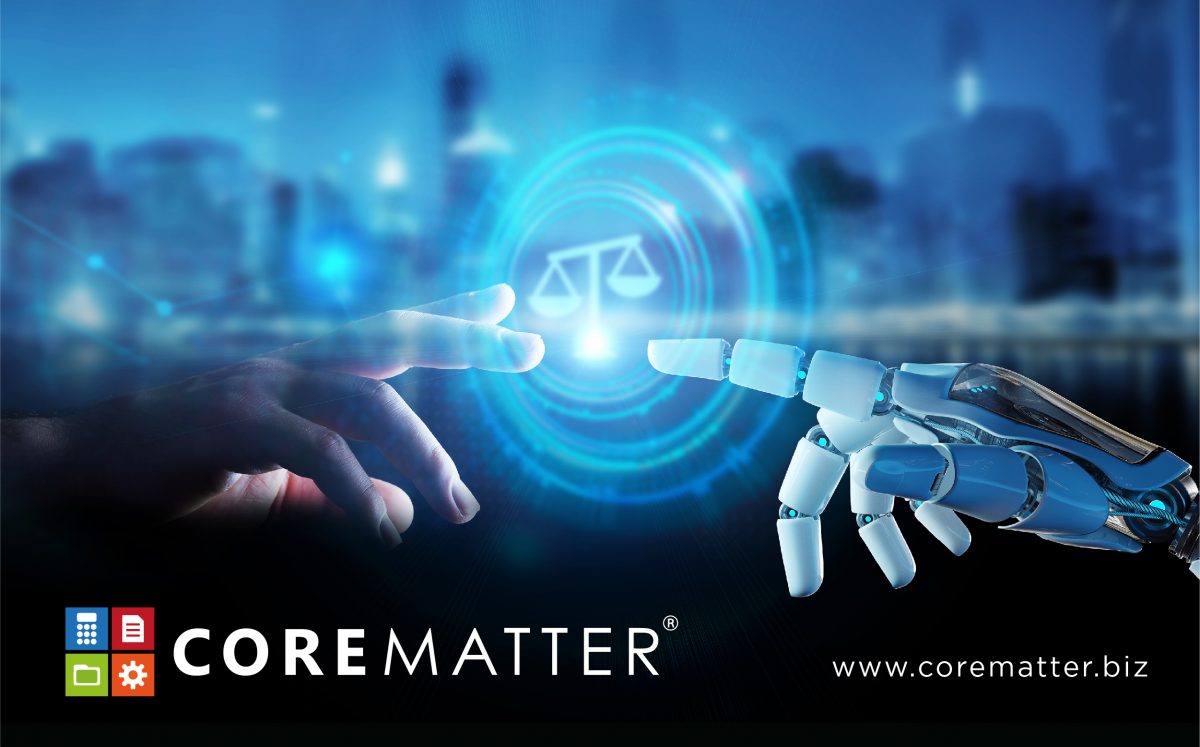
The Future of Lawyers: Can Software Replace Humans or Not?
In the coming years, the change curve would be steep and accelerate. Let’s find out if software is going to replace humans in the legal world.
How do you see the legal sphere in the future? Would it be conceivable for a firm to be charged with legal malpractice if they didn’t use artificial intelligence (AI)? And how much automation is enough for us to rid human assistance completely? Lawyers, good news, you can stay calm although experts from many industries fear that machines will force you out of the labour market. AI is only designed to take on routine tasks and give people the allocated free time for creative or strategic decisions.
For example, in 2016, the entire legal world was shocked when an algorithm had been created that guessed the decisions of the Strasbourg court with a probability of up to 79%. Scientists who were involved in the creation of the algorithm were convinced that it will eventually be in demand in the selection and sorting of cases by importance. And it’s all thanks to algorithms that know which circumstances most often draw the attention of a judge when considering a case.
Challenges that lie ahead
Here’s what you need to know about how AI, big data, and online courts will change the legal system. Perhaps some of the biggest obstacles to an online court system are the political will to bring about such a transformation, the support of judges and lawyers, funding, as well as the method we’d apply. For example, decisions would have to be made for an online system, whether it would just be for certain cases or situations.
The future of law
It’s slowly becoming apparent just how much change the legal system will face over the next decade thanks to innovation brought about by AI and big data. Back in the day, according to Richard Susskind’s The Future of Law, published in 1996, he predicted that in the future, lawyers and clients would communicate via email. Although this revelation was shocking at the time, especially to those working in the legal system, however, transmitting communication via email is now commonplace for lawyers and their clients. Thus, one can only imagine how much more different the future would be. With the advent of technology, anything is possible.
The future of lawyers
Perhaps one of our biggest struggles in the future of the law profession is law schools, since they’re still generating 20th-century lawyers when what we need are 21st-century ones. And we need them to meet the demand of companies and individuals who want a lower-cost legal option that is conveniently available and delivered electronically.
Some legal work can now be done by machines when in the past, this was unthinkable, for example, CoreMatter’s cloud-based storage to store data securely. Besides that, it is more apparent that properly trained machines can handle large disputes that often have a huge number of documents to analyse. Document drafting by machines is also gaining traction. We’re beginning to see machines take on many tasks that we used to think were the exclusive role of humans – lawyers.
The silver lining
Let’s summarise. Despite the somewhat slow pace of development of the industry (especially since it’s lockdown season now), it is possible and necessary to implement legal tech solutions as quickly as possible because this is a sure way to become an innovator and to gain market share earlier than others. And we, in our turn, will render you all possible assistance in this by developing the technical part – all through our services via CoreMatter.
—
To learn more about how CoreMatter can protect your law firm from malicious attacks, sign up today
CoreMatter, the leading cloud-based case management tool in SE Asia, frees your firm from the mess of the mundane to focus on what matters most.


